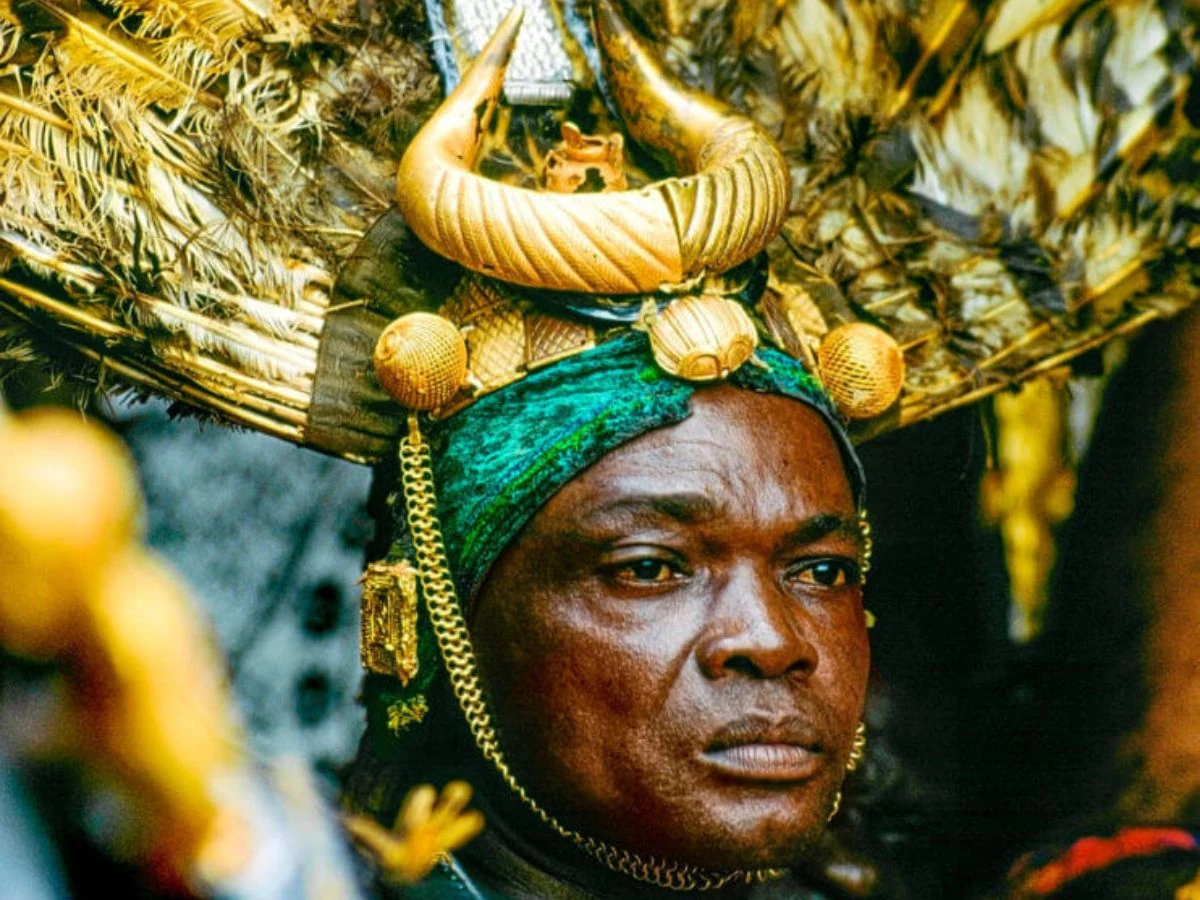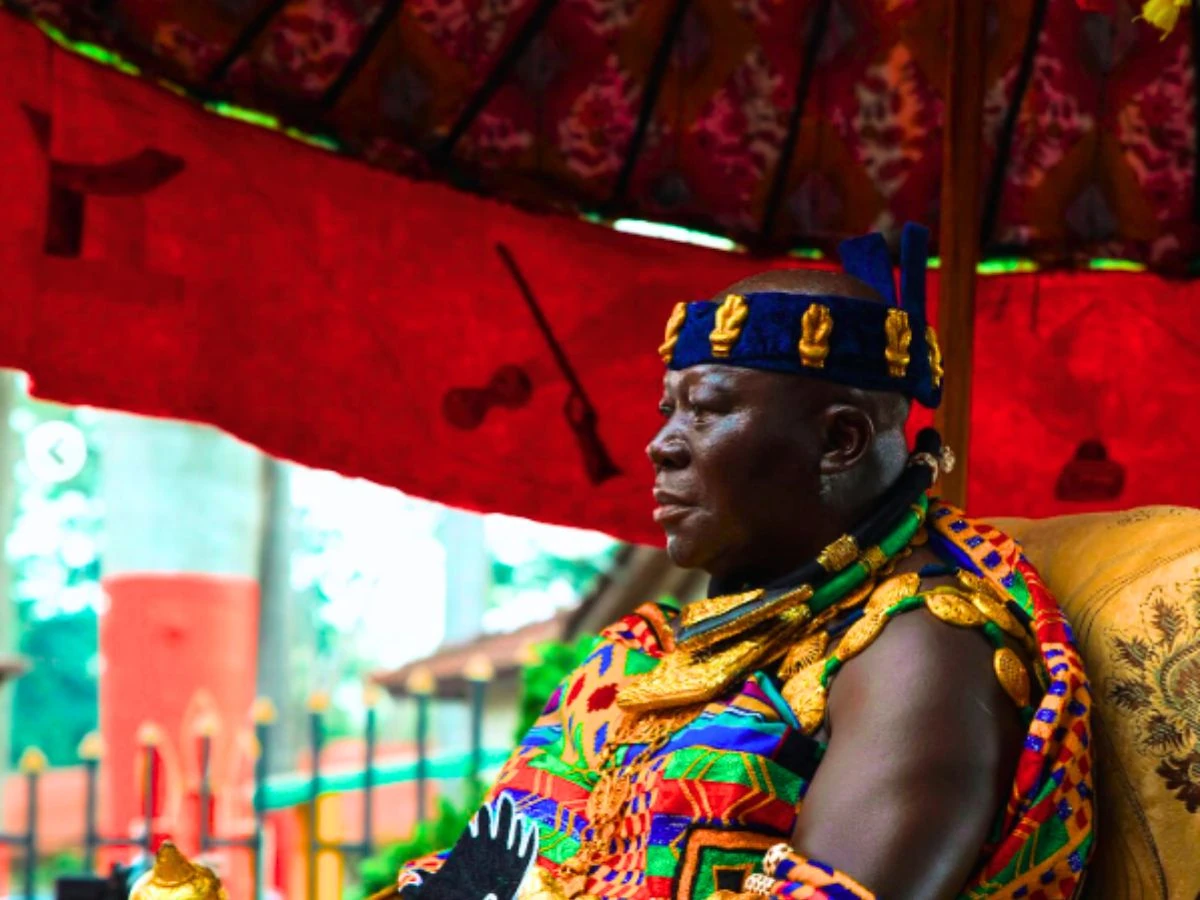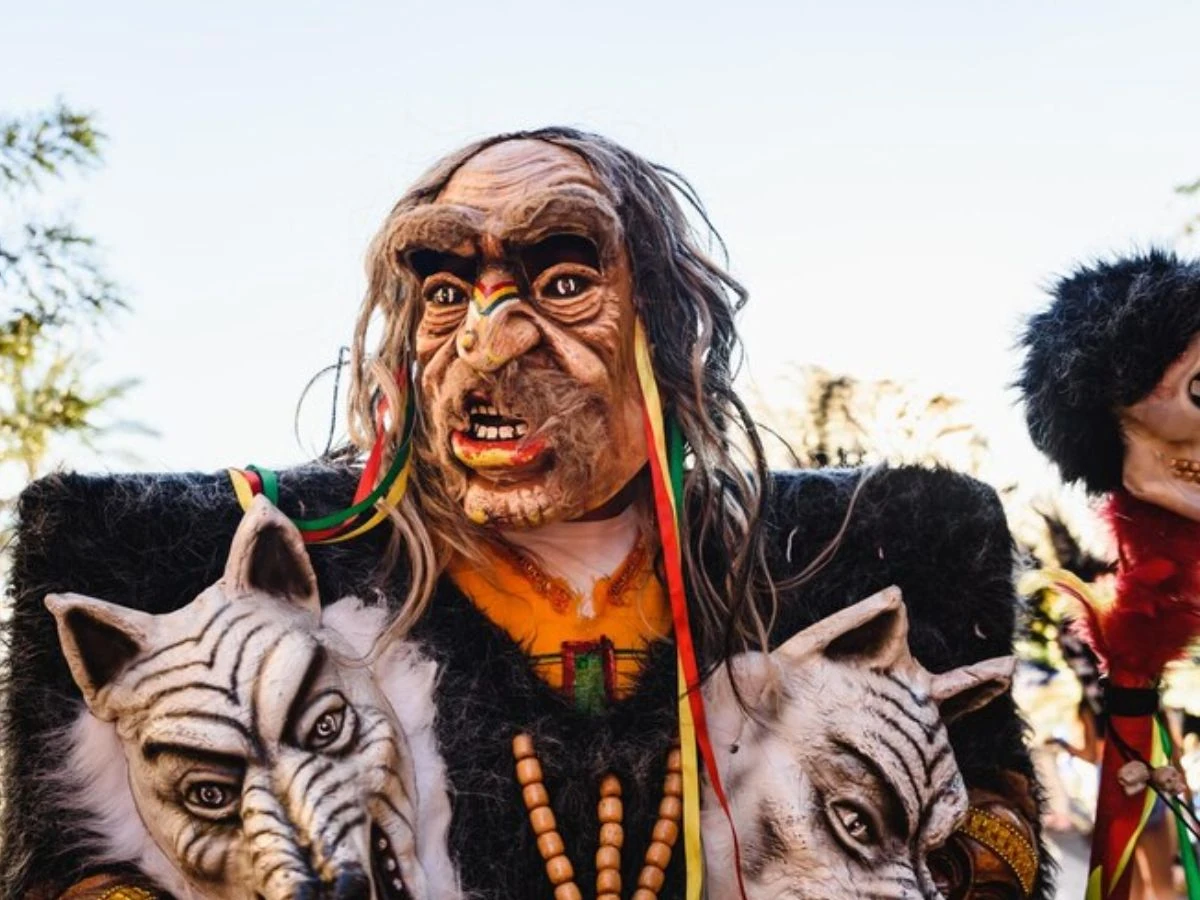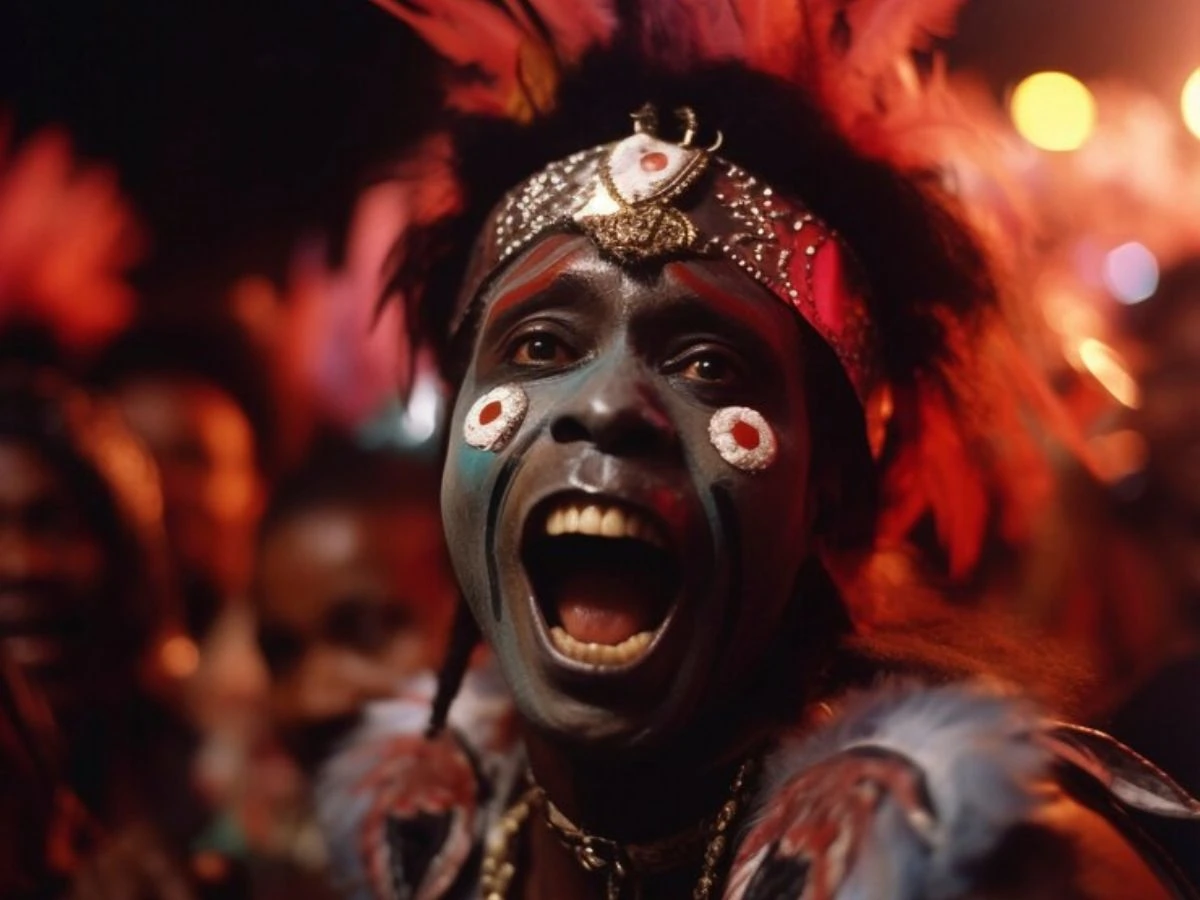The rhythmic beating of drums fills the air as dancers move in trance-like states, their colorful robes swirling in the warm West African breeze. This is the Benin Voodoo Festival, also known as the Ouidah Voodoo Festival, a major cultural event in Benin that showcases authentic Voodoo traditions and rituals, similar to celebrations in the ashanti kingdom . Each January, the coastal town of Ouidah transforms into a vibrant hub of cultural expression, drawing over 40,000 visitors from around the globe to witness this UNESCO-recognized celebration of Vodun heritage.
Introduction to the Voodoo Festival
The Voodoo Festival, or Fête du Vaudou, stands as one of West Africa’s most vibrant and meaningful cultural events. Celebrated each year on January 10th, this national holiday in Benin is a powerful tribute to the country’s traditional religions, with the voodoo cult at its heart, led by traditional chiefs who ensure the integrity of the practices . The festival draws thousands of voodoo adepts, local communities, and curious travelers, all eager to witness the living traditions that have shaped Benin’s identity for centuries, alongside the customs of surrounding tribes .
From sunrise rituals to exuberant processions, the voodoo festival offers a fascinating insight into the spiritual life of Benin. It’s a time when the boundaries between the earthly and the divine blur, and the streets come alive with music, dance, and the vibrant colors of ceremonial attire. For visitors, the festival is not only this a real delight for the senses but also an opportunity to appreciate the resilience and richness of traditional religion in a rapidly changing world. By bringing together people from all walks of life, the annual voodoo festival helps preserve ancient customs and fosters a deeper cross-cultural understanding of West Africa’s spiritual heritage.
The Rich History of the Benin Voodoo Festival
Long before Hollywood’s misrepresentations, Vodun (commonly known as Voodoo) was-and remains-a sophisticated spiritual practice deeply woven into Benin’s cultural fabric. The festival, officially recognized in 1997, honors this ancient tradition that survived centuries of colonialism and continues to thrive in modern West Africa.
The celebration’s location in Ouidah is particularly poignant, as this coastal town once served as a major port in the trans-Atlantic slave trade. The royal palace, a UNESCO heritage site, stands as a testament to the historical and cultural significance of the Dahomey Kingdom and serves as a symbol of the monarchy’s legacy, attracting visitors interested in Benin’s royal history. Today, the festival represents a powerful reclamation of cultural identity and spiritual freedom, taking place near the historic “Point of No Return”-now a monument to resilience and remembrance.
Cultural Significance in the Historical and Spiritual Capital of Modern Benin
“Vodun is not just our history; it is our living heritage,” explains Chief Priest Dagbo Hounon, a respected spiritual leader in Ouidah. Traditional chiefs lead ceremonies and play a vital role in preserving ancestral rituals during the festival, honoring deities and ensuring the continuity of cultural practices. The festival plays a crucial role in preserving and transmitting traditional knowledge to younger generations while fostering community bonds. Modern practitioners emphasize Vodun’s focus on harmony with nature, ancestral wisdom, and collective healing.
Geographical Context: Where Tradition Meets the Land
Set against the backdrop of Benin’s lush landscapes and bustling towns, the voodoo festival finds its spiritual home in the historic West African city of Ouidah. Once a major port in the kingdom of Dahomey and a crossroads of cultures, Ouidah is now recognized as the historical and spiritual capital of Benin voodoo, surrounded by busy towns that reflect the vibrant culture. Its streets are lined with vibrant Afro-Brazilian architecture, and its fantastic central market is a hive of activity, with local markets watching the ebb and flow of daily life.
Surrounding Ouidah, the scenery shifts from wild rainforest to tranquil sacred lakes and unique villages, each with their own animist traditions and ancestral spirits. The city’s rich collection of temples, shrines, and the famous python temple create an immersive setting for the voodoo festival, while the nearby coastline and tropical fruit-laden countryside add to the region’s allure. Whether you’re exploring the sprawling city or venturing into the surrounding tribal states developing their own customs, Ouidah offers a captivating blend of history, spirituality, and West African hospitality that makes sense as the heart of this extraordinary celebration.
What to Expect at the Festival
The festival unfolds over several days, with the main celebrations at the Togo Voodoo Festival occurring on January 10th. The event is deeply rooted in the voodoo religion, which is the official religion and a central aspect of Benin’s spiritual life and ancestral worship traditions. This religious foundation shapes the ceremonies and cultural expressions seen throughout the festival.
Here’s what visitors can experience:
- Traditional music and dance performances
- Masked processions and colorful costumes
- Offerings to spirits and ancestors
- Public ceremonies led by voodoo priests and priestesses
During the festival, voodoo rituals are performed, involving complex ceremonies with trance states, music, and divination practices such as ‘Fa’. These rituals hold deep spiritual significance, invoking the voodoo gods and allowing practitioners to connect with their ancestors. and are authentic expressions of faith within the voodoo religion.
Key Events and Voodoo Rituals
- Dawn ceremonies at the Sacred Forest, where priests make offerings to ancestors
- The spectacular Zangbeto performances, featuring whirling “night watchmen” spirits
- Traditional healing demonstrations and blessing ceremonies
- Colorful processions featuring traditional music and dance
- Traditional fire dance performances, showcasing vibrant expressions of local heritage
- Authentic craft markets showcasing local artisans
The festival provides unique opportunities for photography, though always seek permission before capturing ceremonies or participants. Many rituals occur at specific times, making a knowledgeable guide invaluable for experiencing the most significant moments.
Exploring the Stilt Village: A Unique Local Adventure
No visit to the voodoo festival is complete without a journey to Ganvié, the legendary stilt village on Lake Nokwe, where lake nokwe lies as a central element of the region’s allur. Often called the “Venice of Africa,” this unique settlement was founded centuries ago by the Tofinou people, who fled to the lake’s safety to escape the reach of the kingdom of Dahomey and sought solace similar to what is celebrated at the ashanti cultural centre. and the horrors of the slave trade. Today, Ganvié is home to thousands, its wooden houses perched above the water on stilts, connected by narrow canals navigated by dugout canoes.
As you glide across the lake, you’ll witness fishermen casting their nets in the early morning light, children paddling to school, and women selling tropical fruit and traditional medicines from their boats. The village is a living testament to the ingenuity and resilience of the local population, preserving traditional crafts and animist traditions in daily life. Visiting Ganvié offers a fascinating insight into the region’s history and the enduring spirit of its people-a true highlight for anyone seeking to experience the full depth of Benin voodoo culture during the annual festival.
Essential Travel Tips for Festival Attendees
Planning Your Visit
The best time to arrive is 2-3 days before the main festival date (January 10th) to acclimate and participate in preliminary events. Ouidah’s accommodation options fill quickly, so advance booking is essential.
Where to Stay
- Luxury: La Casa del Papa Resort
- Mid-range: Hotel Diaspora
- Boutique: Maison Dahomey
Cultural Etiquette
Respect is paramount when attending the festival. Consider these guidelines:
- Dress modestly; covered shoulders and knees are appropriate
- Ask permission before photographing ceremonies or individuals
- Remove shoes when entering sacred spaces
- Follow your guide’s instructions regarding ceremony protocols
- Make donations at temples through your guide to ensure they reach the proper authorities

Elevating Your Festival Experience
While independent travel is possible, the complex nature of the festival and its ceremonies makes expert guidance invaluable. Undiscovered Destinations offers carefully curated small-group experiences that provide:
- Access to private ceremonies not open to the general public
- Expert local guides who explain the deeper meaning of rituals
- Comfortable accommodation arrangements
- Traditional meal experiences with local families
- Transportation between festival venues
- Cultural orientation sessions
Optional excursions to a local fetish market are also available, where visitors can observe voodoo paraphernalia and spiritual items used in traditional African spiritual practices. For those interested in unique cultural experiences, the bizarre fetish market in Lome stands out as a fascinating and culturally intriguing destination, offering insight into voodoo rituals and beliefs.
Our small group sizes (maximum 12 participants) ensure an intimate experience while maintaining respect for local traditions.
Conclusion
The Benin Voodoo Festival offers more than just spectacular ceremonies; it provides a window into one of Africa’s most misunderstood and fascinating spiritual traditions. Whether you’re a cultural enthusiast, photographer, or traveler seeking authentic experiences, just about every kind of visitor will find this celebration promises unforgettable moments and a deeper understanding of Vodun heritage.
Just as the Benin Voodoo Festival showcases the spiritual richness of Benin, other major West African cultural celebrations-such as the traditional festivals of the Ashanti people in Ghana, like Akwasidae-highlight the region’s diverse heritage and historical significance.
Ready to experience the magic of the Benin Voodoo Festival? Contact Undiscovered Destinations to learn about our expertly guided tours that combine luxury, cultural immersion, and authentic spiritual experiences.


